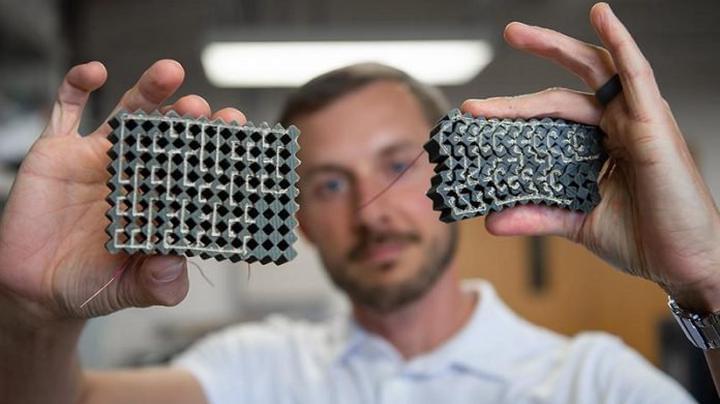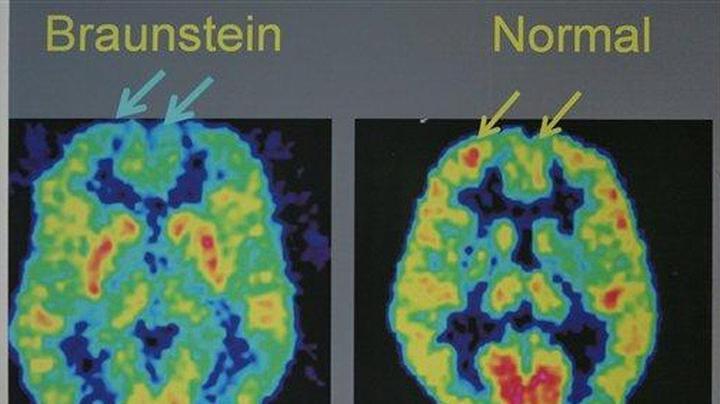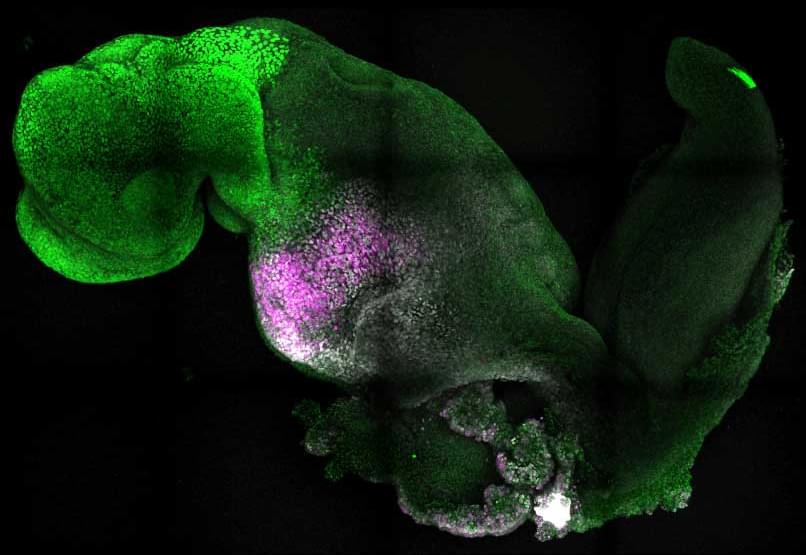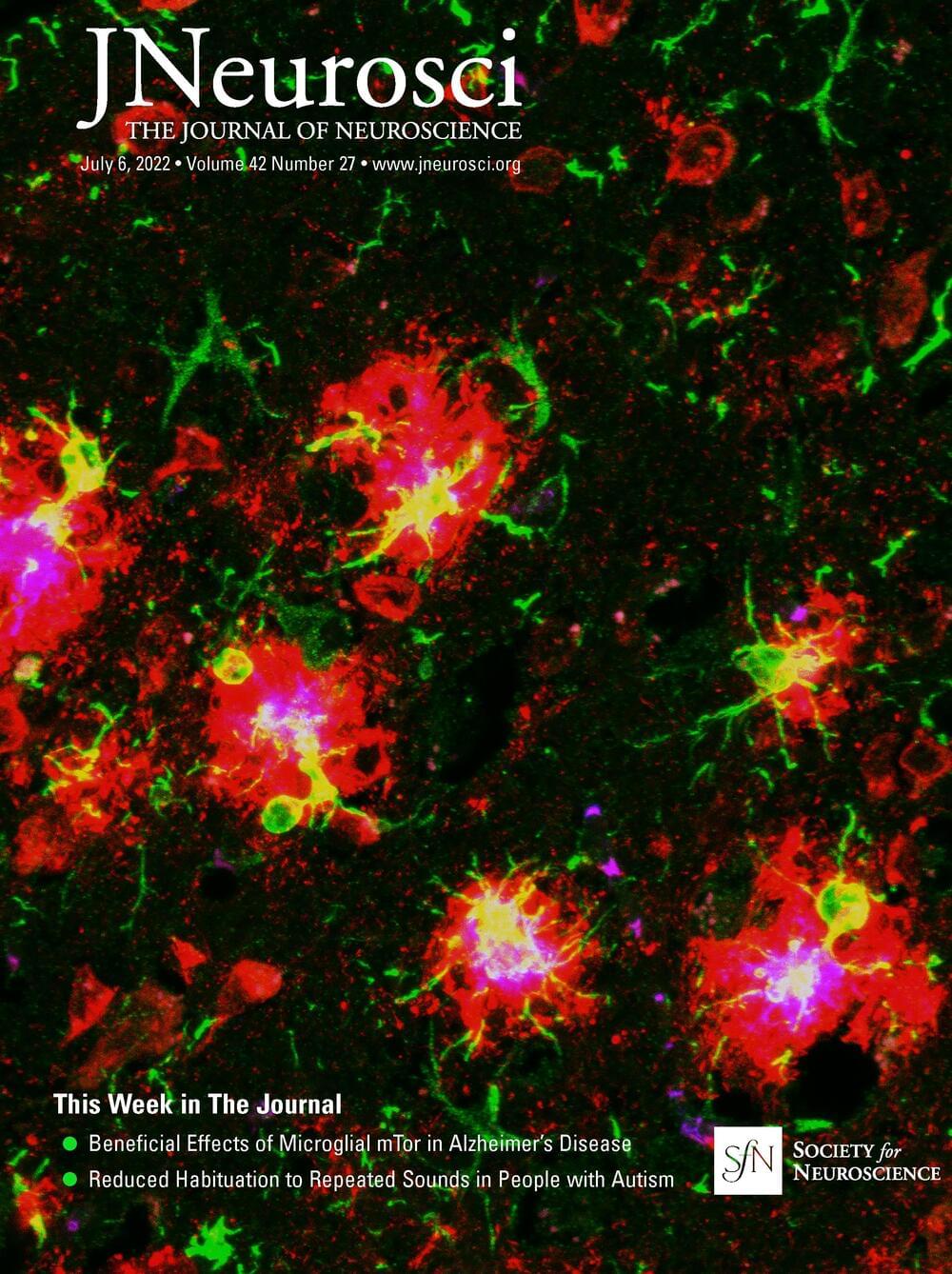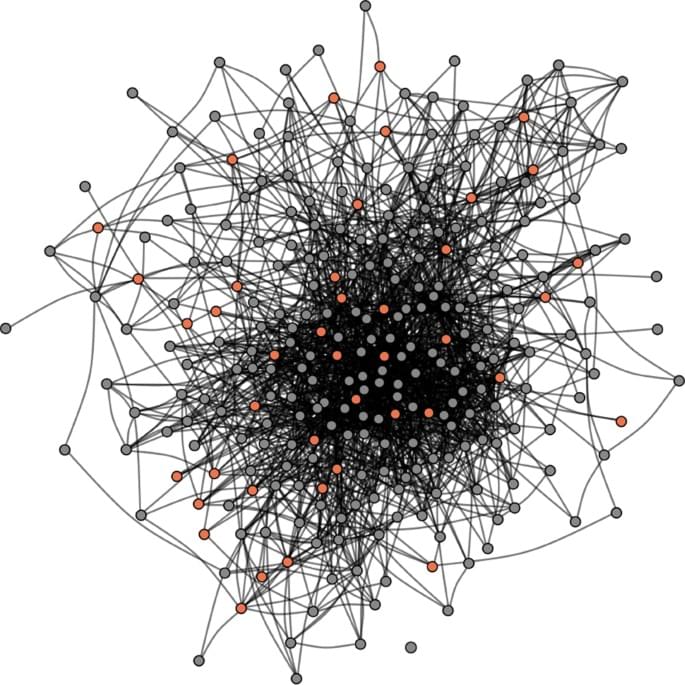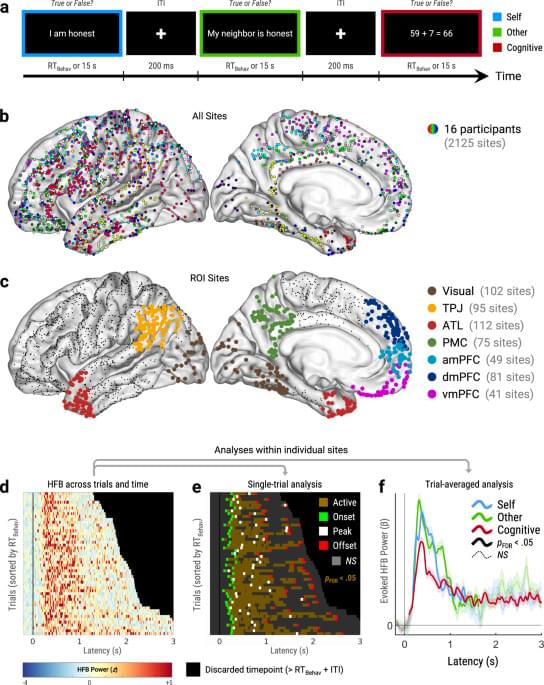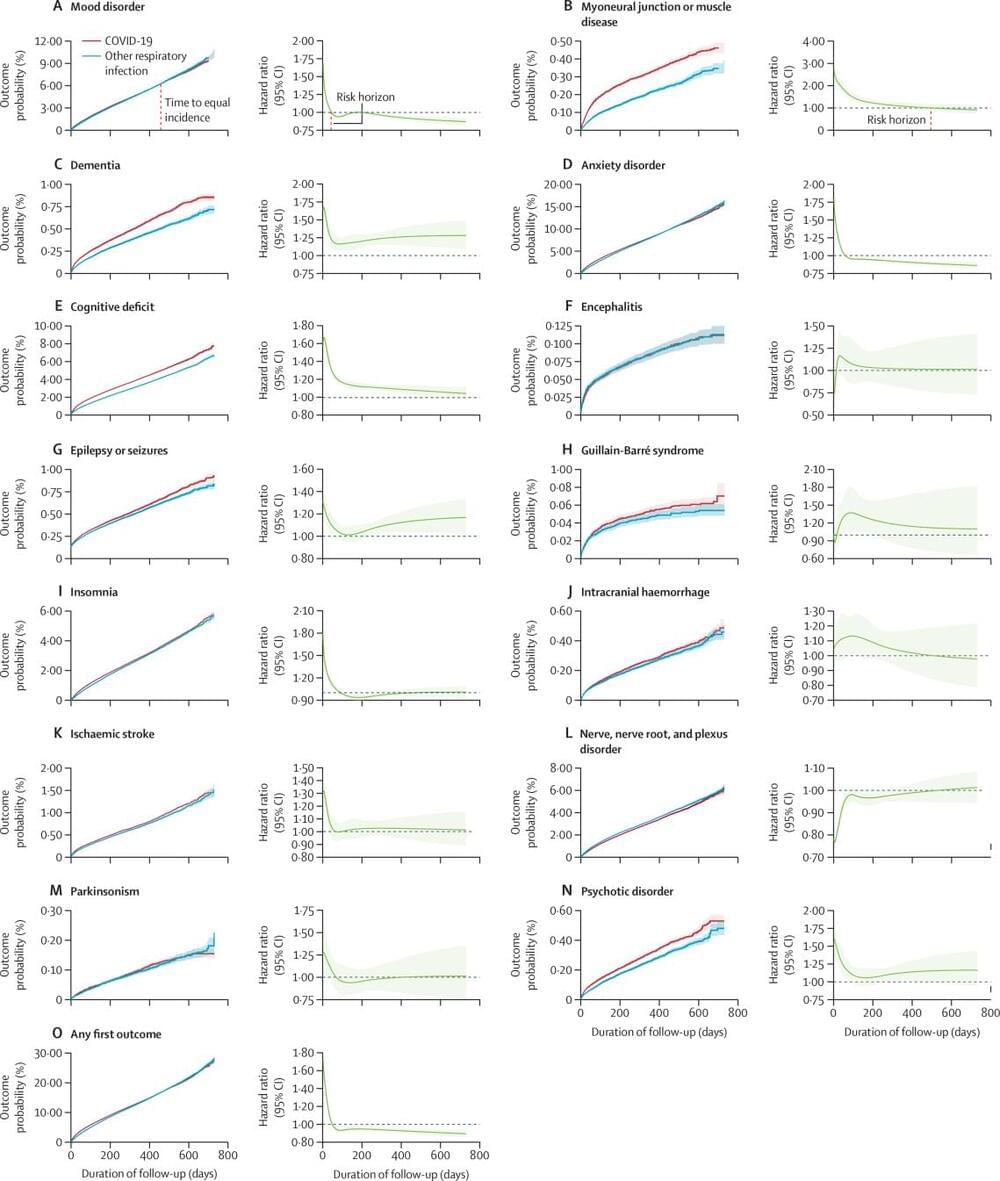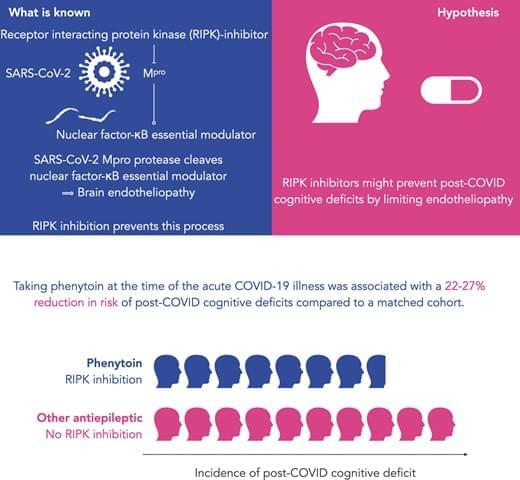Using electrocorticography (ECoG), we probed the neurocognitive substrates of mentalizing at the level of neuronal populations. We found that mentalizing about the self and others recruited near-identical cortical sites (Fig. 5a, b) in a common spatiotemporal sequence (Figs. 5 c and 6). Within our ROIs, activations began in visual cortex, followed by temporoparietal DMN regions (TPJ, ATL, and PMC), and lastly in mPFC regions (amPFC, dmPFC, and vmPFC; Fig. 3e, f). Critically, regions with later activations exhibited greater functional specialization for mentalizing as measured by three metrics: functional specificity for mentalizing versus arithmetic (Figs. 3 c, d and 4b), self/other differentiation in activation timing (Fig. 5c, d), and temporal associations with behavioral responses (Fig. 4D and Table 1). Taken together, these results reveal a common neurocognitive sequence28,29,30,31 for self-and other-mentalizing, beginning in visual cortex (low specialization), ascending through temporoparietal DMN areas (intermediate specialization), then reaching its apex in mPFC regions (high specialization).
Our results are consistent with gradient-based models of brain function, which posit that concrete sensorimotor processing in unimodal regions (e.g., visual cortex) gradually yields to increasingly abstract and inferential processing in ‘high-level’ transmodal regions like mPFC41,42. We found that the strength of self/other differences in activation timing increased along a gradient from visual cortex to mPFC. Specifically, other-mentalizing evoked slower (Fig. 5c) and lengthier (Fig. 5d) activations than self-mentalizing throughout successive DMN ROIs. These self/other functional differences corresponded with self/other differences in RTBehav (Supplementary Fig. 4), although the two were often dissociable (Table 1). Thus, perhaps because we know ourselves better than others, other-mentalizing may require lengthier processing at more abstract and inferential levels of representation, ultimately resulting in slower behavioral responses.
What might our results imply about extant fMRI findings? Hundreds of fMRI studies consistently suggest that: TPJ and dmPFC are most crucial for mentalizing6,8,11,12,43,44,45,46, and dmPFC is selective for thinking about others over oneself 32,33,34,35. However, when examined with ECoG, we found that both pieces of received wisdom are not what they seem. Below, we discuss both issues before moving onto our peculiar vmPFC results, and then conclude with systems-level discussion.
